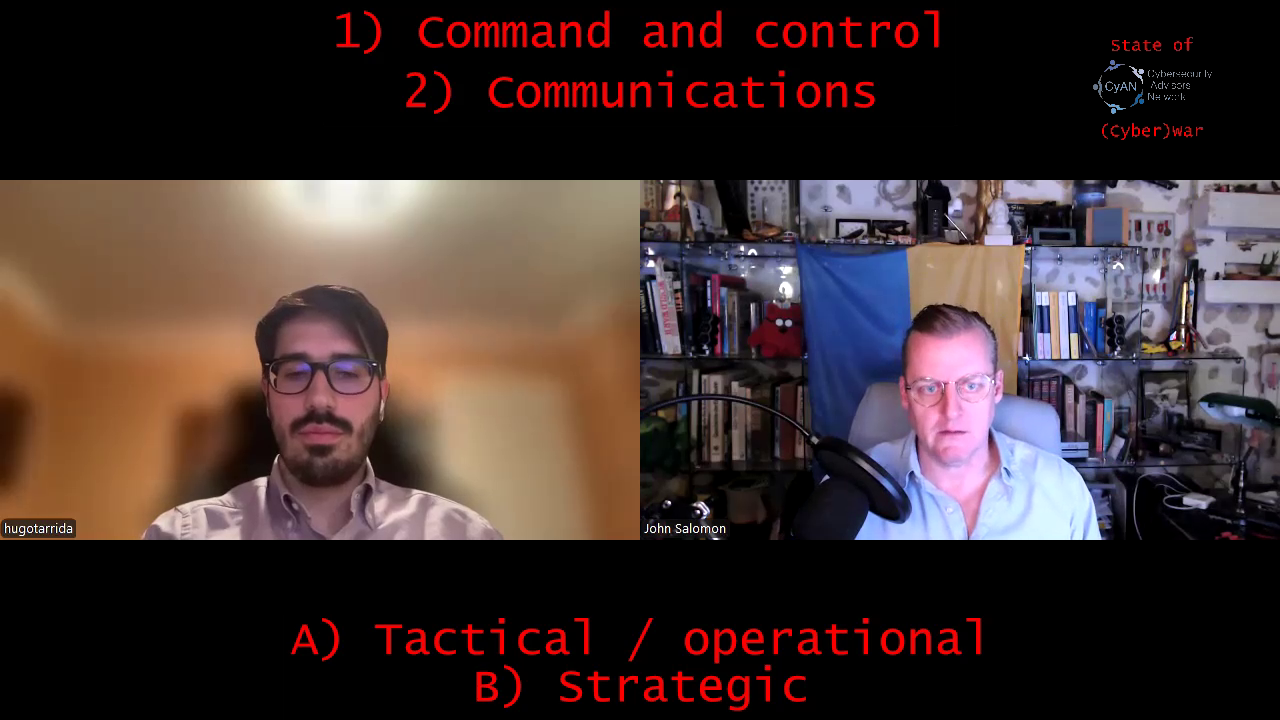🔒 The Cybersecurity Landscape in 2025: What Every Leader Needs to Know 🔒
As we step into 2025, the world of cybersecurity is more dynamic—and more critical—than ever before. The rapid evolution of technology brings both unprecedented opportunities and formidable challenges. Cybercriminals are getting smarter, state-sponsored threats are on the rise, and emerging technologies like quantum computing are reshaping the risk landscape.
In my latest LinkedIn blog, I dive into the top five cybersecurity predictions for 2025, exploring the trends that will shape our strategies, investments, and priorities in the coming year.
From the rise of AI-driven threats and state-sponsored cyber warfare to advancements in quantum-resilient cryptography and the adoption of Zero-Trust Architecture, this post takes a comprehensive look at what lies ahead. More importantly, I outline what these developments mean for leaders like you—across cybersecurity, business, and beyond.
This isn’t just about managing risks—it’s about preparing for the future, building resilience, and turning challenges into opportunities.
👉 Read the full blog below and join the conversation. Let’s shape the future of cybersecurity together!
#Cybersecurity #Leadership #Innovation #ZeroTrust #AI








